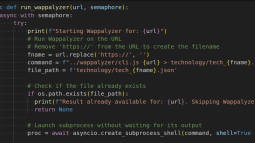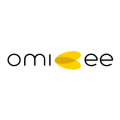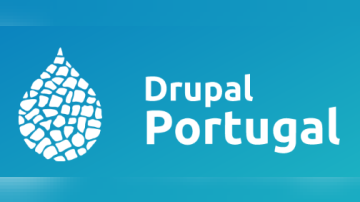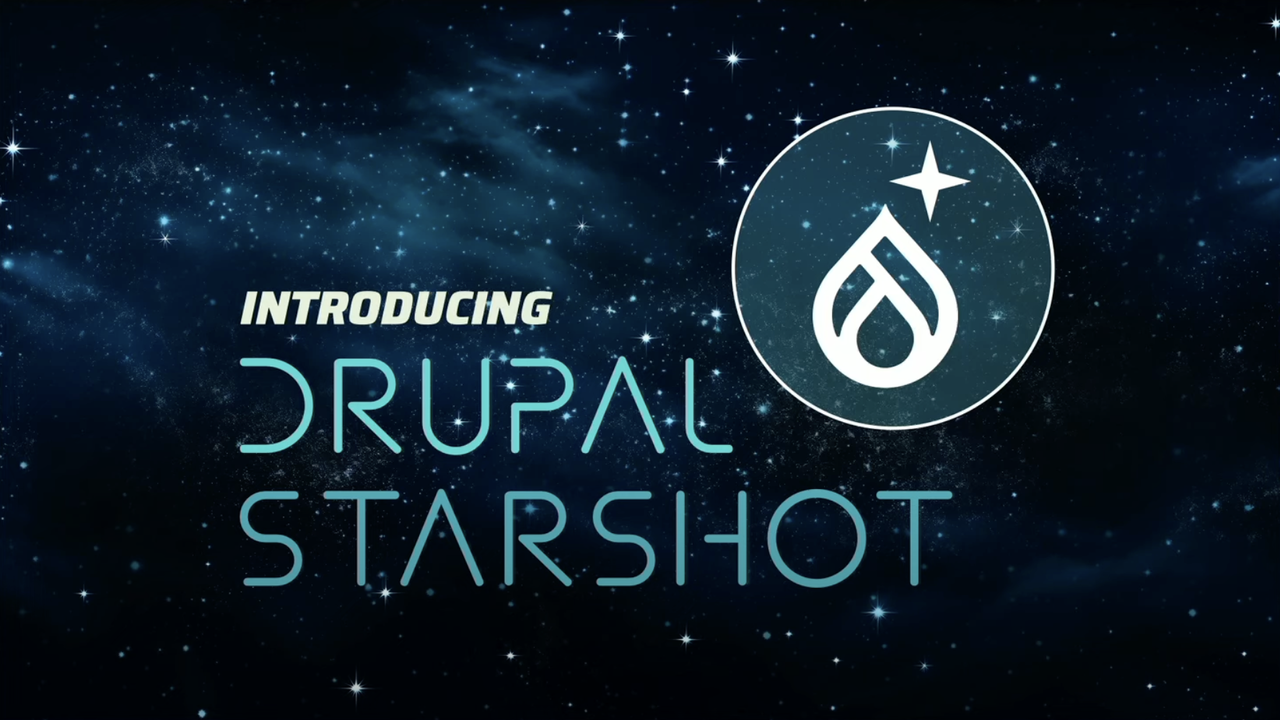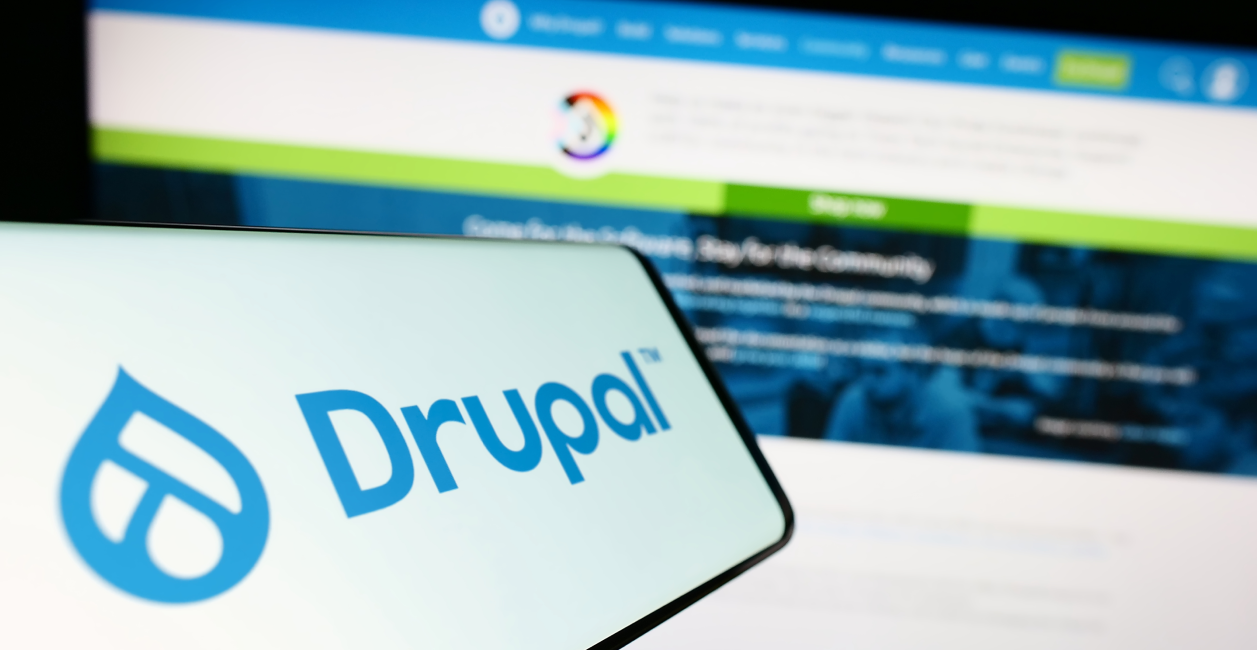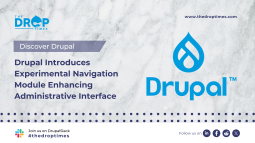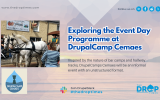Ricardo Marcelino on Drupal's Path Forward: Challenges and Opportunities
Drupal, a long-standing open-source content management system (CMS) with a history spanning over two decades, is at a crossroads. It has been a robust and reliable choice for numerous websites and applications. Still, recent trends indicate a decline in usage, mirroring the fate of other established platforms like WordPress, Magento, and PHP.
The challenge lies in addressing these shifts while preparing for the end-of-life (EOL) of Drupal 7, which still powers over 50% of Drupal sites. Additionally, Drupal must contend with a substantial number of projects lacking maintainers and the pressing need to enhance its user-friendliness compared to competing platforms.
In his exploration of Drupal's future, Ricardo Marcelino discusses the challenges that the renowned open-source content management system (CMS) faces. Marcelino, as a contributor to Drupal, presents insights on how the platform can improve its ease of use, modernize its technology, and broaden its appeal beyond technical users. These perspectives first shared during a presentation at DrupalDay Portugal 2023, is now a blog post in Omibee.
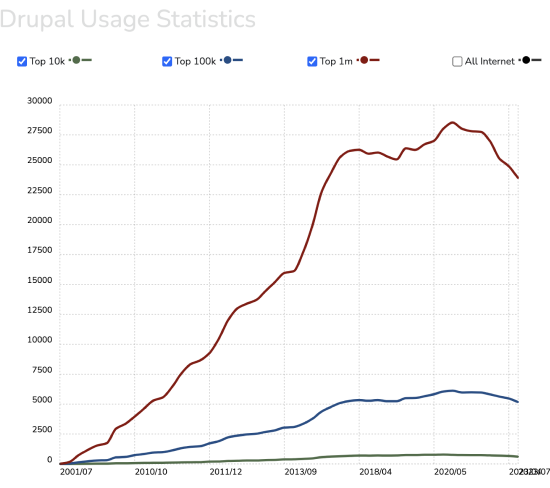
Marcelino highlights Drupal's Unique Selling Proposition (USP) from a business perspective, emphasizing its status as an open-source Digital Experience Platform (DXP) with enterprise-level capabilities and no licensing fees. Drupal's strengths include its flexibility, modular architecture, and structured content management.
However, it has predominantly served medium to large projects with complex technical requirements, limiting its appeal to a broader audience. To secure its future, Drupal must adapt to cater to less technical users, especially with the rise of low-code and no-code platforms. By doing so, Drupal could potentially embark on a virtuous cycle of relevance, adoption, resources, and innovation, ensuring its sustainability.
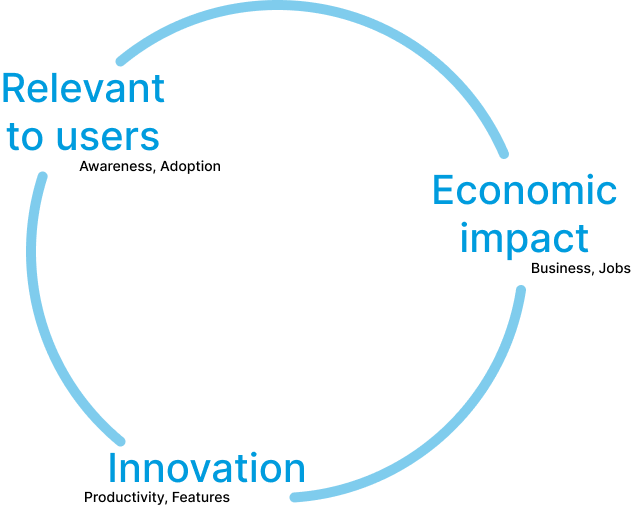
The journey ahead for Drupal entails
- streamlining its codebase,
- incorporating external innovations,
- enhancing the developer experience (DX),
- simplifying site setup and maintenance,
- enabling seamless content authoring,
- infusing intelligence through AI integration,
- expanding integration capabilities and
- facilitating quick deployments.
While these goals present significant challenges, they are crucial for Drupal's evolution and continued relevance.
The Drupal community is actively engaged in addressing these issues through strategic initiatives, such as modernizing developer experiences, improving out-of-the-box setups, and seeking innovative funding models. Drupal's success in the future relies on contributions from its dedicated community, further training and mentorship efforts, financial support for developers, and increased advocacy to expand its user base.
As Drupal charts its course forward, it remains an open-source project driven by its community's direction. The possibilities for Drupal's future are vast, including
- leveraging natural language processing,
- adopting React for templating,
- embracing AI capabilities, and
- enhancing its integrations.
Despite its challenges, Drupal's community-driven approach and passionate contributors offer optimism for its continued growth. By working collectively to maintain Drupal's relevance, accessibility, and resourcefulness, the community can shape a future where Drupal empowers both technical and non-technical users to create outstanding digital experiences effortlessly.
For a detailed read about the future of Drupal, click here.
Disclaimer: The opinions expressed in this story do not necessarily represent that of TheDropTimes. We regularly share third-party blog posts that feature Drupal in good faith. TDT recommends Reader's discretion while consuming such content, as the veracity/authenticity of the story depends on the blogger and their motives.
Note: The vision of this web portal is to help promote news and stories around the Drupal community and promote and celebrate the people and organizations in the community. We strive to create and distribute our content based on these content policy. If you see any omission/variation on this please let us know in the comments below and we will try to address the issue as best we can.






